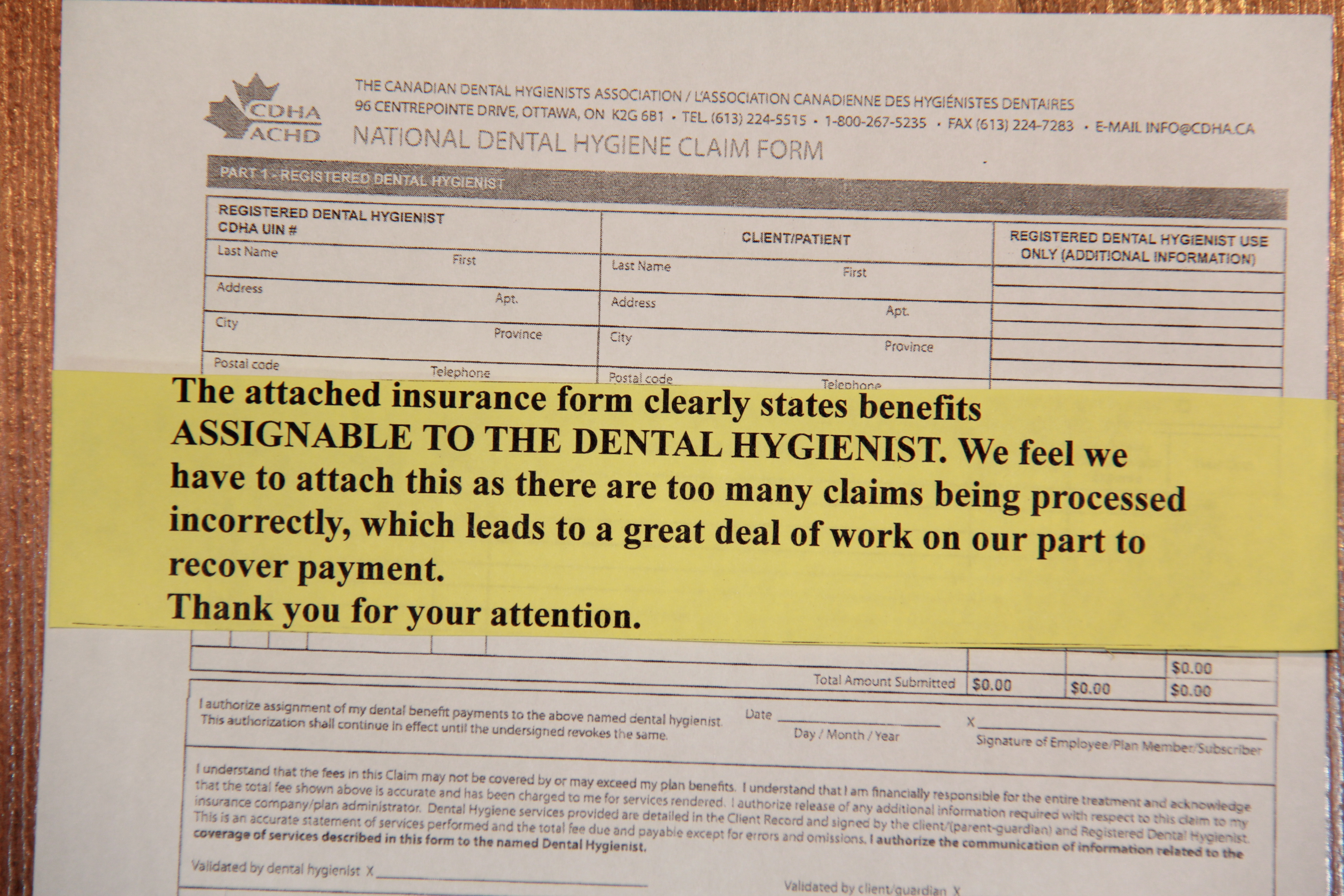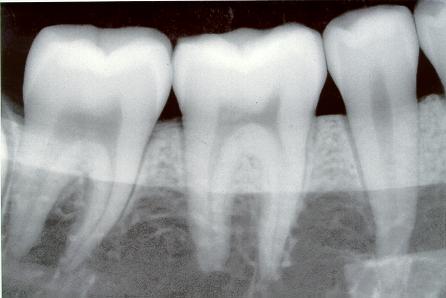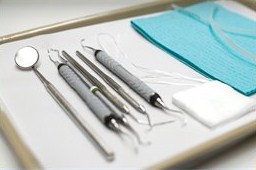I drafted this post some time ago but held back. I didn’t want parents to think I am criticizing them. I understand how many times throughout a child’s life that parenting can be difficult. I don’t want to add to any external pressure, but reading an article yesterday that “the federal government is spending a million dollars to send five chartered plane loads of Nunavut children to the hospital in Churchill, Man., for dental surgery” pushed me into sharing this. That coupled with the fact that after discussing this with a patient of mine she stated “I wish you would tell all parents this”. This is my attempt to reach more parents.
Dental decay is preventable
Granted there is an access to care issue for these Nunavut children in this media report, but that wouldn’t explain the situation in other areas of Canada. There is no shortage of tooth decay and dental treatment being carried out in Calgary by pediatric dentists.
Parents – please flip the top lip up and have a look at your baby’s teeth. Do this often, and realize that brown spots are not normal. Flip the lip when you brush. Their tight little lips prevent thorough plaque removal. Often it is far easier to brush the side of their teeth that the tongue touches when they open wide for this task, than to brush the surface covered by their lips.
Take your child to a dental health care provider by age 1 year (6 months after 1st tooth erupts). Yes, it is a short apt if nothing is wrong, but a very important appointment. Don’t wait until there is a problem, or until age 3 years old. Do they have the appropriate number of teeth for their age? Are they tongue tied? Is their lip tied? Are you struggling to clean their teeth? Are you confused about toothpaste that is age appropriate? This is only a fraction of what could be reviewed and discussed at this first visit. Regulated dental healthcare workers are required to attend continuing education. That phrase “when we know better, we do better” applies. Therefore, what was reviewed at your older child’s exam 9 years ago maybe be quite different than what is reviewed today with a much younger child.
Wipe off baby teeth with a washcloth or baby toothbrush
Don’t lay a baby down with any liquid other than water
Don’t let a child sip for extended times from a sippy cup – think if it this way – every time they take a sip of apple juice (even diluted) a 20 minute acid attack takes place in their mouth (approximately). If they are sipping from their sippy cup intermittently for 1.5 hours (length of a kids movie) that is almost 2 hours of acid attack
Why fruit juice?…. Why not water?
When the time is right – Have Dental Sealants Placed
I am a parent and trust me there was a period of time that it took myself and my husband to hold our son down so that we could brush his teeth – he was about 2.5 years old when he began to hate having his teeth brushed. I mean hate it. Of course, we hated doing it just as much. Me: ” It’s your turn”; my husband: “No, it’s your turn” – and usually it would take 2 of us to do it. I would put my thumb in my son’s mouth toward the back baby molars- where when he bit down it wasn’t with any amount of force. Then while my thumb was there, we could get his teeth brushed. He couldn’t close completely so I could maneuver a toothbrush around. The thumb technique sometimes allowed me to do it without help from a second adult. This nightly battle went on for about 6 months- then he was over it. He began to want to “do it himself” of course, but the deal was – he had a turn then an adult had a turn. This event takes minutes, not hours – get it done – get it over with.
Children DO NOT have the dexterity to brush and floss well enough until age 10. If you don’t believe me, have them “do it themselves”, then put disclosing liquid on their teeth. The liquid that turns plaque bacteria purple or red. You will then understand how a child who “brushes everyday” still gets cavities. They aren’t brushing well enough to remove the majority of plaque. It’s not their fault, it’s not that they aren’t trying. They don’t have the co-ordination. Sometimes once “disclosed” – it is quite evident that they are right or left handed and they have missed an entire quadrant of their mouth. Not just one or two teeth, but 5 or 6 teeth. They have spent the time in the bathroom and they report the deed is done, but an adult really needs to assist.
As far as flossing on their own? seriously? there are many adults who don’t even feel the need of this 1-2 minute activity warrants doing. A child left to their own devices may use a floss pick or floss and get a percentage of the spaces. If you actually watch them, they get one spot, skip 2 spots and so on. If this part of home care is a nightmare- consider a child’s waterpik flosser or GumChucks (much easier for a parent to use on a child). Those tight spaces are where many cavities form.
Give some thought to yourself – did you ever have cavities? if so at what age did you have the most dental treatment? If you have never had decay – fantastic. Congratulations. You won’t have to spend time and money over your life having the dental fillings placed when you were a child drilled out and replaced several times over. Once a tooth has been cut with a dental drill and a filling placed, it is destined for future dental treatment. Fillings don’t last forever, especially the white resin fillings. All of this can be PREVENTED.
As a dental hygienist, my children are not immune to tooth decay, so I knew it had to be done, and I considered it a chore. It is important to me that I prevent what I know can be prevented. Why was I then cursed with a child who hated having his teeth brushed?
I know why. I was a dental assistant before I became a dental hygienist. I assisted a dentist with operating room privileges. We treated children under general anesthesia in a hospital. It was difficult to see such small, young children laying on an operating table – their feet going nowhere near the foot of the bed, and their eyelids taped shut during the procedure.This was not a children’s hospital – so these were adult hospital beds. Usually, treatment involved several injections of anesthetic, pulpotomies (this is basically the equivalent to a root canal treatment but on a baby tooth), stainless steel crowns cemented to hold intact what was left of the decayed teeth, several fillings, and some extractions if the teeth were so badly decayed. As I suctioned and watched eyelids try to flutter I cast judgment on these children’s parents. In my mind I questioned to myself – “who would let their children’s teeth become decayed like this, and why don’t parents brush their kids teeth?” This is why my son gave me grief – and of course, that is when I realized just how difficult it is to carry out dental home care at times. Often it’s not that brushing isn’t happening, it’s that it isn’t happening well. Today’s typical diet is inducive to dental decay. Let your children, or your grandchildren or any children you know be the exception.
So I sympathize with new parents, parents of multiple kids, tired and overworked parents – but please, as tired as you are, please get through this chore at night before bed – at least, and monitor what it is in contact with their teeth throughout the day. Do what you feel is in the best interest of your child.
Early Childhood Cavities – why be concerned?
Feds spend $1M to fly Inuit children south for dental surgery
Cavities on the increase for kids
Sedatives Cited in Toddler’s Dental Office Death
Anesthesia in young kids may carry developmental risks
If you live in Calgary or Claresholm, bring your kiddies in for a no charge first visit.
If you have young children at home, or children who you feel would do better in their home environment – a mobile dental hygienist is a great option – they bring their equipment to you.







